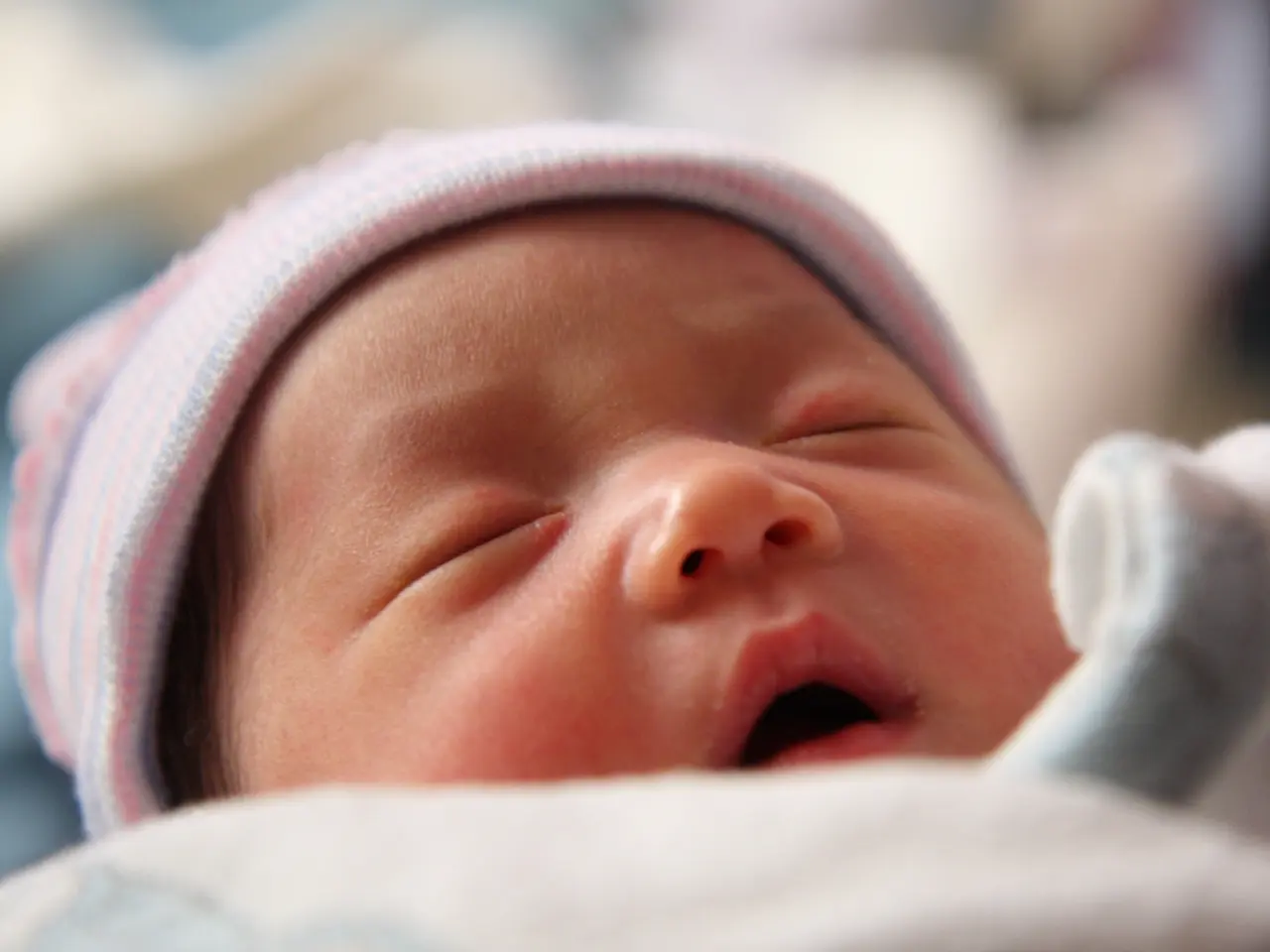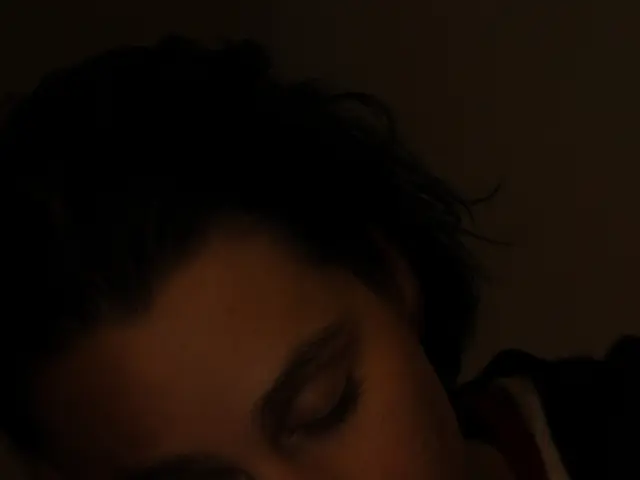Not Quite the Seven Sleepers
Strategies for addressing sleep issues associated with ADHD: Insights and solutions
Denver (dpa/tmn) - Sleep troubles are a common issue for individuals with Attention Deficit Hyperactivity Disorder (ADHD). The mental and physical restlessness of ADHD interferes with sleep patterns, causing fatigue that, in turn, can intensify other symptoms. But where do these difficulties stem from, and what truly helps?
Night Owls with Hyperactive Brains
The brain of people with ADHD is frequently incredibly active — even when it should be at rest. Approximately 75% of all adults with ADHD report an inability to quiet their minds to fall asleep, according to a seasoned psychiatrist specializing in ADHD in adults for 25 years.
And when they finally do drift off, their sleep is often restless, and they wake up fatigued instead of refreshed. Many experience incredibly deep sleep in the morning hours — with extreme resistance to waking up: "They fall into 'the sleep of the dead,' from which they can only be roused with great difficulty."
Why? The psychiatrist offers two hypotheses: "The simplest explanation is that sleep disturbances are direct expressions of ADHD itself." Another possibility: People with ADHD have a different perception of time, where there's only "now" and "not now." The internal clock of neurotypical people doesn't seem to be set.
Sleep problems can even aggravate symptoms. Concentration, patience, and impulse control suffer further when sleep is disturbed. What to do?
How to Have a Good Night's Rest
The most crucial strategy, according to the psychiatrist, is to enhance what's known as sleep hygiene — all the conditions that promote healthy sleep. He recommends following general rules first, followed by:
- Reserve the bed for sleeping or intimacy — not worrying or arguing.
- Maintain a regular sleep schedule and bedtime routine, adhering strictly to them.
- Avoid daytime naps.
Two additional aspects of good sleep hygiene are particularly important for ADHD, says the psychiatrist:
- Go to bed to sleep — even if it's challenging. Many people with ADHD are particularly energetic and productive in the evenings, think most clearly, and feel most stable during this time. This often conflicts with commitments to work or family, which can be even harder to meet with sleep deprivation.
- Avoid consuming caffeine late in the evening. Caffeine can intensify the already active ADHD brain, making it even more restless and awake. It also induces a slight diuretic effect and can disrupt sleep with nighttime urination.
Outdoor activities and exercise can also improve sleep quality.
[1] Overall, ADHD profoundly affects sleep patterns, leading to fragmented and shorter total sleep duration. Individuals with ADHD frequently experience difficulties such as increased sleep latency, restless sleep, and daytime drowsiness, which can worsen ADHD symptoms like irritability, poor concentration, hyperactivity, cognitive fog, and emotional regulation challenges.
[2] Genetic studies suggest that individuals with ADHD may have disruptions in melatonin secretion, the hormone crucial for regulating the sleep-wake cycle. This disruption can make it difficult for them to maintain regular sleep patterns.
[3] ADHD-related difficulties in self-regulation and time perception make it challenging to maintain consistent bedtime routines, resulting in "bedtime procrastination" and delayed sleep onset.
[4] ADHD often coexists with other sleep disorders such as sleep apnea or restless leg syndrome, which require separate diagnosis and treatment.
[5] To address sleep disturbances caused or aggravated by ADHD, effective sleep hygiene and behavioral strategies include establishing a consistent sleep schedule, reducing caffeine and stimulating activities before bedtime, creating calming bedtime routines, implementing supportive and individualized approaches, using behavioral therapies, and monitoring and assessing sleep problems.
- The mental activity of individuals with ADHD, even during sleep, can negatively impact their health-and-wellness and mental-health, as sleep troubles are common for people with ADHD, leading to fragmented and shorter total sleep duration.
- To help combat these sleep issues and improve overall health-and-wellness and mental-health, individuals with ADHD should focus on enhancing sleep hygiene, which includes establishing a consistent sleep schedule, reducing caffeine intake, creating calming bedtime routines, and using behavioral therapies.








